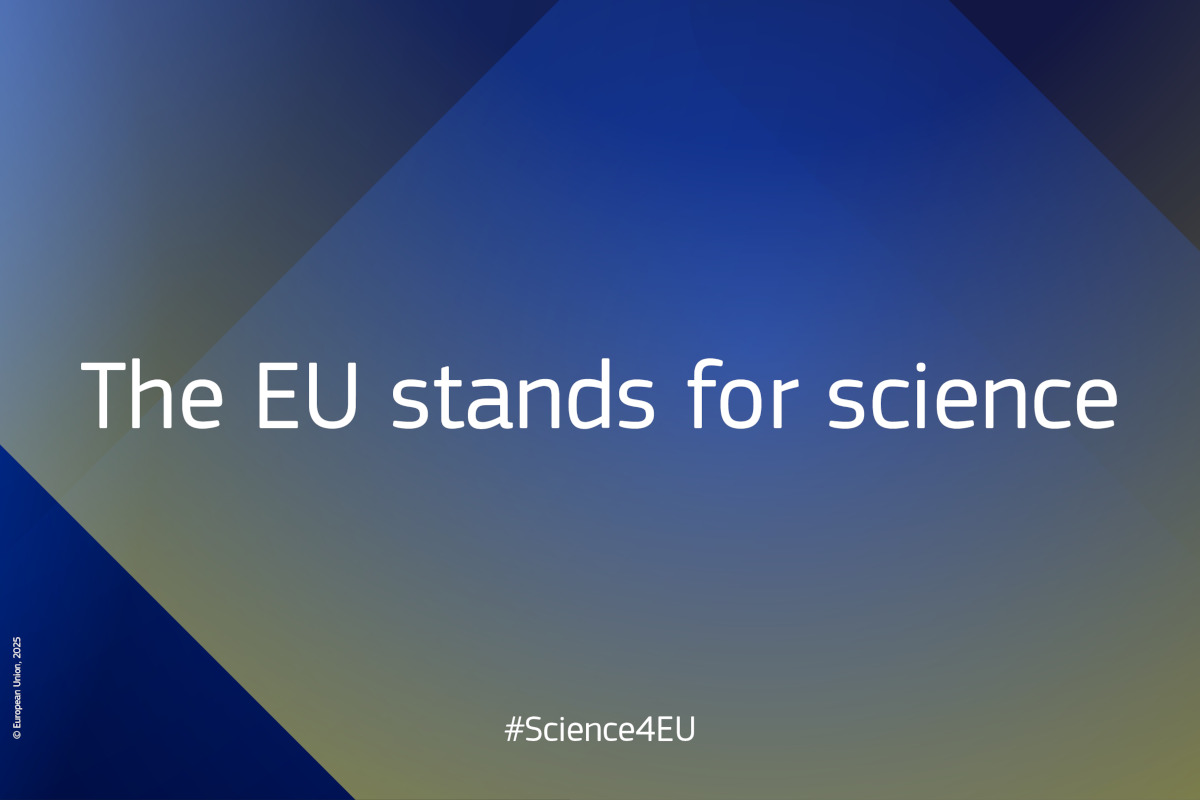Europe’s expansive inland waterways remain underutilised despite their potential. Researchers and industry partners are developing innovative tools, such as digital simulations of river flows or blockchain-powered pollution control, that support smarter, more resilient and sustainable inland waterway transport.
Special series

Science4EU
The Science4EU campaign shows how the EU stands for science. It shines a spotlight on the scientists, researchers, and innovators working with EU support to improve our lives and shape a better future for everyone.
Do you also stand for science?
More stories

EU-funded researchers are exploring the role of architecture in designing living spaces that harness the healing power of nature to improve the health and well-being of urban populations.
Most popular
-
1By Helen Massy-Beresford
-
2
-
3
-
4
-
5
Top videos
Navigating growth: researchers use blockchain and AI to reclaim Europe’s inland waterways
23 May 2025
Reclaiming urban spaces: how cities are welcoming nature back
21 May 2025
Past articles
The industrial revolution made the world wealthy through a simple idea: to replace the physical labour of humans and animals with energy from fossil fuels. Two-and-a-half centuries after the revolution started, however, it is in trouble. The oil that powers much of the world’s economy is running out, and the greenhouse gases given off by the fuels are harming the planet.
In the six years since the launch of the European Research Council (ERC), its grants have become the most sought-after funding for top researchers in Europe. The biggest reason: the freedom they give scientists to pursue projects in the way they think best.
The ‘Innovation Union’ is one of Europe’s antidotes to the financial crisis. It is a way of creating jobs and growth through research and innovation.
Among the vineyards and wheat fields of north-eastern France, a revolution in chemical manufacturing is quietly gathering momentum. Here, biomass is turned into valuable components and energy.
It is about two in the morning and while most Europeans are tucked up in bed, the sleep-deprived crew members of the Pegasos Zeppelin are preparing for take-off. Weather conditions are perfect so they load the airship with their state-of-the-art equipment and get ready to start their day’s work.
When Tim Gowers, a maths professor at the University of Cambridge in the UK, wrote a blog post criticising the high price charged by academic journals to access research, he did not expect to start a revolution.
It all started with the chance discovery of a country lane full of wild orchids by an inquisitive young girl in rural England. That young girl, Frances Ashcroft, would go on to become one of Europe’s leading diabetes researchers.
Should we rethink education to foster curiosity, creativity and competitiveness? At the last World Economic Forum in Davos, Switzerland, Sir Tim Hunt, member of the ERC Scientific Council and Nobel laureate in 2001 proposed some guidelines.


















